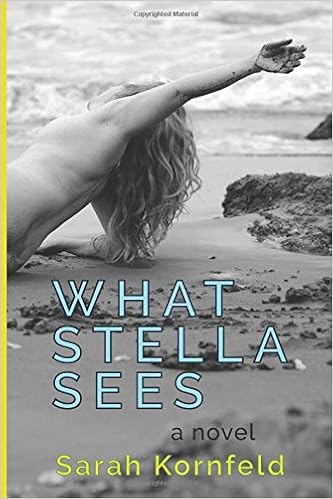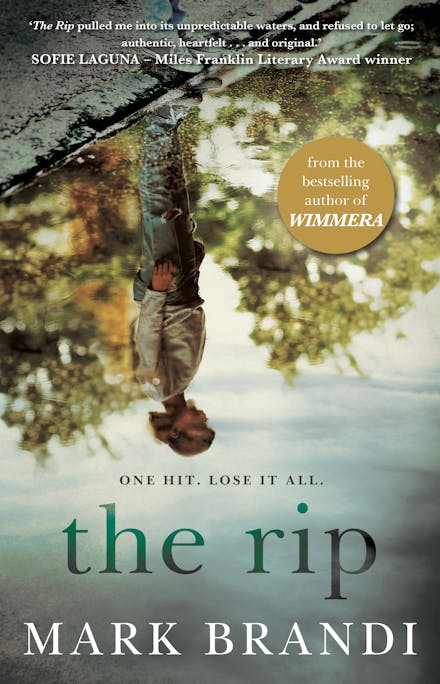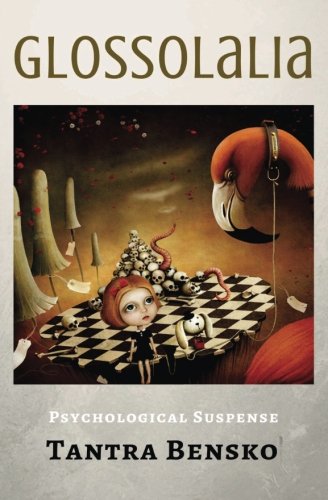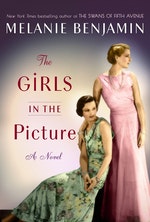 Sarah Kornfeld’s writing is frequently surprising and audacious, with passages of sustained concentration. She is unafraid to report how people feel when they do not know it themselves; occasionally, she hints at a future with which they cannot possibly be acquainted. This is all excellent stuff, unabashed to ‘digress’ or to break rules that are there to be broken.
Sarah Kornfeld’s writing is frequently surprising and audacious, with passages of sustained concentration. She is unafraid to report how people feel when they do not know it themselves; occasionally, she hints at a future with which they cannot possibly be acquainted. This is all excellent stuff, unabashed to ‘digress’ or to break rules that are there to be broken.
Tag: fiction
A review of Hive by A J Betts
The world created in Hive is one run by, like any dystopian – an undesirable or corrupt government, the judge and her son who know the many secrets and mysteries of the real world which is hidden from the rest of the population. Everyone has a role, ranging from gardeners (which Hayley is a part of), engineers, doctors, kitchners, netters and many more.
A review of The Rip By Mark Brandi
 Brandi’s prose is consistently beautiful, and the story itself remains compelling and fast paced. The rip metaphor is repeated like a refrain throughout the book, and creates a strong connection between the reader and the protagonist. The Rip is an intense, important read, shining a light on an area that has not been the subject of much art, and encouraging deep empathy, understanding and engagement.
Brandi’s prose is consistently beautiful, and the story itself remains compelling and fast paced. The rip metaphor is repeated like a refrain throughout the book, and creates a strong connection between the reader and the protagonist. The Rip is an intense, important read, shining a light on an area that has not been the subject of much art, and encouraging deep empathy, understanding and engagement.
A review of Play With Knives: Five by Jennifer Maiden
 There is also an inherent indeterminacy or multiplicity in the way the story unfolds, so that it is both a domestic story, with sumptuously described meals, personal care/tenderness, tea taking, and small acts of kindness that include buying teddies and dolls and supportive talk between friends, as well as being a story of international espionage involving great acts of big evil: arms dealing, drug dealing, government complicity, murder, and looming war.
There is also an inherent indeterminacy or multiplicity in the way the story unfolds, so that it is both a domestic story, with sumptuously described meals, personal care/tenderness, tea taking, and small acts of kindness that include buying teddies and dolls and supportive talk between friends, as well as being a story of international espionage involving great acts of big evil: arms dealing, drug dealing, government complicity, murder, and looming war.
A review of Agents of the Nevermind by Tantra Bensko
 The books really triumph, though, in creating a counter-history which fuses the technocratic mastery of the Nevermind agents with a tradition of anti-rationalism, spiritualism and exoticism that runs through the project of western modernity, a swampy seam of conspiracy theories, UFOs, Spiritualism, Theosophy, and pseudo-science.
The books really triumph, though, in creating a counter-history which fuses the technocratic mastery of the Nevermind agents with a tradition of anti-rationalism, spiritualism and exoticism that runs through the project of western modernity, a swampy seam of conspiracy theories, UFOs, Spiritualism, Theosophy, and pseudo-science.
A review of Two Natures by Jendi Reiter
 Behind the profane – and sometimes mixed in and virtually indistinguishable – is the sacred, glimpsed in little experiential epiphanies, such as the unexpected response of a homeless man to the gift of a dead lover’s clothes: ‘Have a bleshed day, man.’ Sometimes the gift of happiness is hard to accept, as when Julian’s friend Peter looks love in the eye: ‘It feels like a mistake – this can’t be for me, it’s too good.’
Behind the profane – and sometimes mixed in and virtually indistinguishable – is the sacred, glimpsed in little experiential epiphanies, such as the unexpected response of a homeless man to the gift of a dead lover’s clothes: ‘Have a bleshed day, man.’ Sometimes the gift of happiness is hard to accept, as when Julian’s friend Peter looks love in the eye: ‘It feels like a mistake – this can’t be for me, it’s too good.’
A review of Someday Everything Will All Make Sense by Carol LaHines
 As a backdrop, New York is portrayed not as a place to get lost, but to be found. In its ethnic bars and restaurants, he lets loose to enjoy himself and his mates in all their absurd glory, chanting medieval plainsong over heavy metal playing on the sound system. LaHines’ Someday Everything Will Make Sense is a comedy celebrating transformation that happens in its own due course.
As a backdrop, New York is portrayed not as a place to get lost, but to be found. In its ethnic bars and restaurants, he lets loose to enjoy himself and his mates in all their absurd glory, chanting medieval plainsong over heavy metal playing on the sound system. LaHines’ Someday Everything Will Make Sense is a comedy celebrating transformation that happens in its own due course.
A review of The Girls in the Picture by Melanie Benjamin
 Coming in at just over 400 pages, the book moves at a quick pace despite being chock-full of details. The information is included to simply move the story along—Benjamin manages to keep the plot from becoming too heavy or dramatic. Overall, The Girls in the Picture is a fascinating read, recommended for both film and history buffs interested in the early 20thcentury.
Coming in at just over 400 pages, the book moves at a quick pace despite being chock-full of details. The information is included to simply move the story along—Benjamin manages to keep the plot from becoming too heavy or dramatic. Overall, The Girls in the Picture is a fascinating read, recommended for both film and history buffs interested in the early 20thcentury.
A review of Quill of the Dove by Ian Thomas Shaw
 Canadian author Ian Thomas Shaw’s new novel Quill of the Dove proves that a writer’s memory is powerful enough to move laterally and create a searing vision of the contemporary Middle East. Shaw’s evocation of Lebanon, during the Civil War in 1982, and the Israeli-Palestinian conflict in 2007, illuminates the tragic consequences of the curve and the asymptote of West and East, never intersecting.
Canadian author Ian Thomas Shaw’s new novel Quill of the Dove proves that a writer’s memory is powerful enough to move laterally and create a searing vision of the contemporary Middle East. Shaw’s evocation of Lebanon, during the Civil War in 1982, and the Israeli-Palestinian conflict in 2007, illuminates the tragic consequences of the curve and the asymptote of West and East, never intersecting.
A review of The Through by A. Rafael Johnson
 The Through is a finely carved sculpture of magical lyricism. His characters are living and breathing people and places. We forget they are lives on the written page and find ourselves relating to them as people we know and places we have read about, lived and visited.
The Through is a finely carved sculpture of magical lyricism. His characters are living and breathing people and places. We forget they are lives on the written page and find ourselves relating to them as people we know and places we have read about, lived and visited.